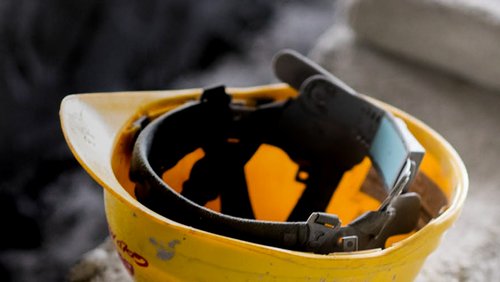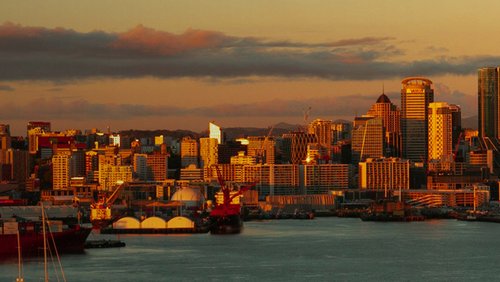2 Apr 2025
New Zealand is facing a shortfall of about 2,300 new engineers each year – and the problem is getting worse.
“There are not enough young people pursuing engineering careers, or completing engineering qualifications, and many people are leaving the engineering profession within the first two years of work,” says Engineering New Zealand Chief Executive Dr Richard Templer.
“In addition to this, the current downturn in work is compounding the long-term problem, with far too many engineers losing their jobs and leaving for opportunities overseas. We also know it’s affecting graduate and intern positions. It paints a grim picture.”
This matters. Without enough engineers, we can’t address our infrastructure deficit and drive innovation-led economic growth.
“We are particularly concerned that not enough students are studying or passing STEM subjects – with less than a quarter of students meeting the expected maths curriculum level for their age. We urgently need more students studying and passing STEM subjects,” says Templer.
At a tertiary education level, New Zealand lags behind the OECD, with only 9 percent of graduates at degree level or higher having studied engineering. Once they’re in the workforce we see significant attrition of graduates – a third of degree graduates move into non-engineering roles within two years.
“We are also dependent on overseas trained engineers – around a third of our engineering workforce trained overseas. However, we have to compete with other countries and, once they’re here, migrants can face barriers to success.”
To address these compounding issues, Engineering New Zealand, ACE New Zealand and Waihanga Ara Rau have partnered to deliver an action plan to respond to the priority challenges. This plan sets out the key challenges and what each organisation is doing to address them.
“We hope the action plan drives others to prioritise addressing the challenges raised. Addressing workforce challenges will require collaboration between professional associations, the government, the education sector, and industry,” says Templer.
ACE New Zealand Chief Executive Helen Davidson says the Government’s 30-year plan due out later this year will identify the infrastructure projects we need to tackle in the coming decades.
“These will be complex programmes of work that require technical and specialist skills - but current projections show we won’t have the talent available when we need it,” says Davidson.
“Engineering and design is such exciting work and we want our rangatahi to be aware of all the great career opportunities available in the sector. It’s going to take a multi-pronged approach to ensure we’re geared up for the future.”
“Importantly, this action plan sets out how our organisations will showcase the critical role that engineers play in delivering a better future for our people and our planet.”




